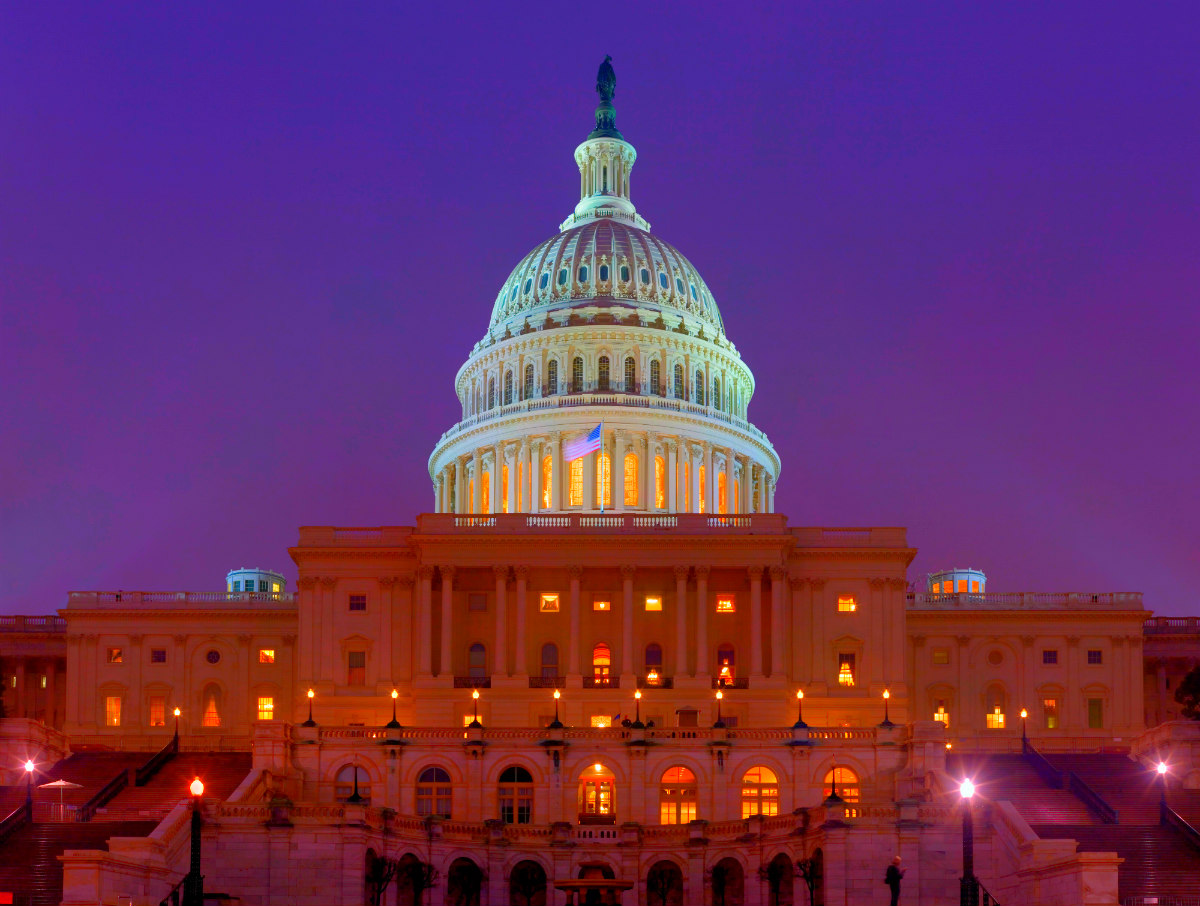- Retained services of Gravitas Securities Inc. to act as financial advisors to St-Georges and its related entities
- Gravitas will be tasked with assisting ZeU Crypto Networks Inc.
- Currently in the process of acquiring all the intellectual properties of Tiande, a developer of permission-based blockchain protocol with BigData connectivity
Montreal / March 20, 2018 – St-Georges Eco-Mining Corp. (CSE: SX) (OTC: SXOOF) (FSE: 85G1) is pleased to announce that it has retained the services of Gravitas Securities Inc. to act as financial advisors to St-Georges and its related entities.
Gravitas will be tasked with assisting ZeU Crypto Networks Inc., St-Georges wholly-owned subsidiary, which is currently in the process of acquiring all the intellectual properties of Tiande, a developer of permission-based blockchain protocol with BigData connectivity. Gravitas will provide a number of services to ZeU including providing capital markets intelligence & guidance, financial & operational analysis of the company, and recommendations on capital requirements and strategic business decisions.
“With its contingent of Sino-Canadian personnel able to review our technology and business legal documentation in mandarin and the positive approach of the firm toward disruptive blockchain technologies, Gravitas is an excellent match for us. Their involvement should help us accelerate our financing effort with other securities firms and institutional investors. We also welcome their expertise to assist us for any corporate actions that might be undertaken in the coming months by the company” commented ZeU President Frank Dumas.
About Gravitas
Gravitas Securities is a leading wealth management and capital markets firm comprised of tactical individuals known for their sophisticated sector expertise, commitment to excellence, and a global platform committed to integration and innovation. Gravitas provides a wide range of investment services for retail and corporate clients globally with offices in Toronto and Vancouver, and is represented in the United States through its FINRA representative, Gravitas Capital International, in New York.
Gravitas Securities Inc. is a member of IIROC and CIPF.
ZeU Crypto Networks welcomes Lord Razzall as a director of the corporation
ZeU is pleased to welcome Lord Edward Timothy Razzall on its board of directors. Lord Razzall is a member of the British Parliament’ House of Lords and a Commander of the British Empire (CBE). Baron Razzall has been co-chair of the Liberal Democrat Parliamentary Committee on Business, Innovation and Science. He has over 35 years’ corporate finance experience and has developed a reputation for his expertise in multinational and cross border transactions. He was until recently the Liberal Democrat spokesman on Trade and industry and he’s now the Lords spokesman for manufacturing. He is currently Co-Chair of the Liberal Democrat Parliamentary Party Committee on Business, Innovation and Skills. Lord Razzall studied at Oxford University and qualified as a solicitor in 1969. ZeU expect to leverage Tim’s experience and interest in regulations, governance, monetary policies, intellectual property and corporate finance to its advantage.
ON BEHALF OF THE BOARD OF DIRECTORS
“Frank Dumas”
FRANK DUMAS, PRESIDENT & CEO
About St-Georges
St-Georges is developing new technologies to solve the some of the most common environmental problems in the mining industry.
The Company controls directly or indirectly, through rights of first refusal, all of the active mineral tenures in Iceland. It also explores for nickel on the Julie Nickel Project & for industrial minerals on Quebec’s North Shore and for lithium and rare metals in Northern Quebec and in the Abitibi region. Headquartered in Montreal, St-Georges’ stock is listed on the CSE under the symbol SX, on the US OTC under the Symbol SXOOF and on the Frankfurt Stock Exchange under the symbol 85G1.
The Canadian Securities Exchange (CSE) has not reviewed and does not accept responsibility for the adequacy or the accuracy of the contents of this release.







